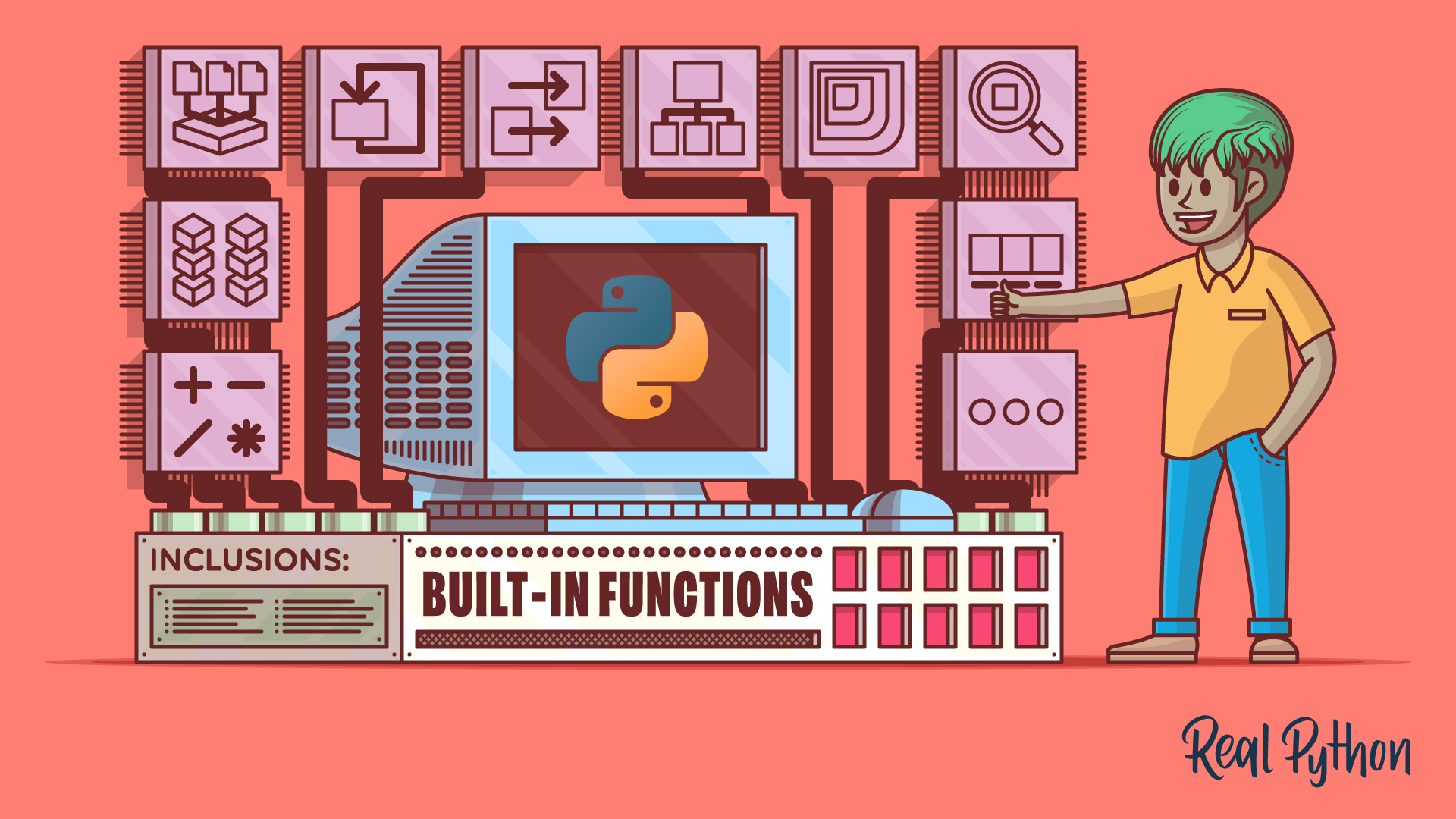help()
The built-in help() function provides access to Python’s interactive help system, allowing users to view documentation for Python objects, modules, keywords, and more. When called without arguments, it opens the interactive help utility in the console:
>>> help()
Welcome to Python 3.x's help utility!
...
help>
help() Signatures
help()
help(request)
Arguments
| Argument | Description |
|---|---|
request |
A string or object used to retrieve the help documentation. |
Return Value
- When called without arguments,
help()opens the interactive help utility. - When called with a string or object, it prints the help page for the specified entity.
help() Examples
With no arguments, opens the interactive help utility:
>>> help()
Welcome to Python 3.x's help utility!
...
help>
With a class as an argument:
>>> help(str)
Help on class str in module builtins:
class str(object)
| str(object='') -> str
| str(bytes_or_buffer[, encoding[, errors]]) -> str
...
With a module name as a string:
>>> help("sys")
Help on built-in module sys:
NAME
sys
...
help() Common Use Cases
The most common use cases for the help() function include:
- Exploring the documentation of Python modules and functions.
- Learning about the methods and attributes of Python classes.
- Accessing information about Python keywords and syntax.
help() Real-World Example
Imagine you’re working with a new Python library and you need to understand how a specific function works. You can use help() to quickly access the documentation for that function:
>>> import json
>>> help(json.loads)
This will display the documentation for the json.loads() function, helping you understand its purpose and usage.
Related Resources
Tutorial
Python's Built-in Functions: A Complete Exploration
In this tutorial, you'll learn the basics of working with Python's numerous built-in functions. You'll explore how to use these predefined functions to perform common tasks and operations, such as mathematical calculations, data type conversions, and string manipulations.
For additional information on related topics, take a look at the following resources:

